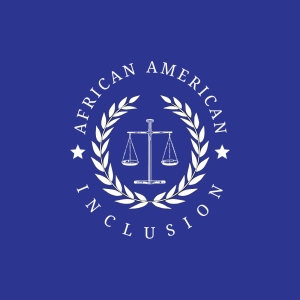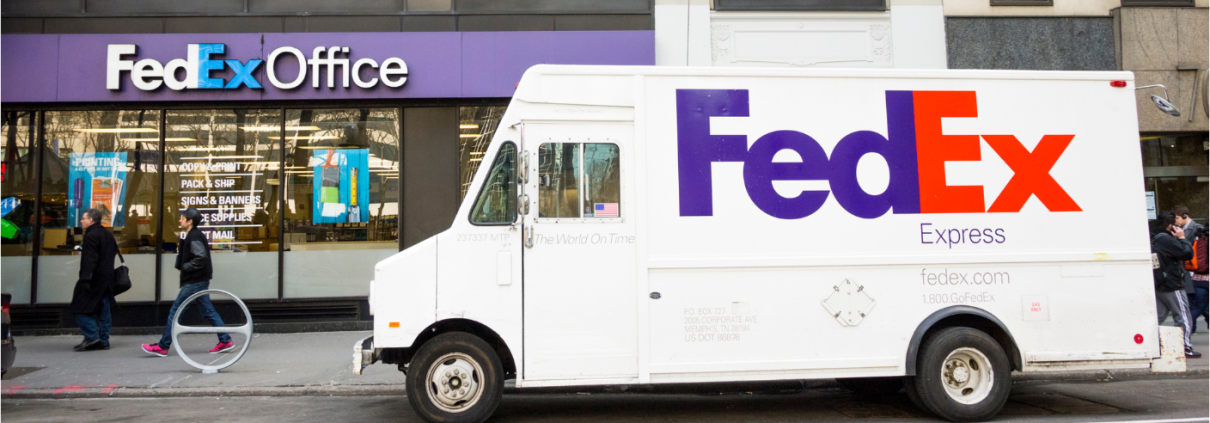Innovation at FedEx: How the company is changing the game in logistics
FedEx or Federal Express is one of the world’s largest courier delivery services, with a global presence spanning over 220 countries and territories. FedEx was founded in 1971 by Frederick W. Smith, a Yale University student who had written a term paper on the need for reliable overnight delivery services. Smith recognized the potential in this market and decided to launch a company that would specialize in the overnight delivery of packages and documents. The company started with a fleet of just 14 planes and served 25 cities in the United States.
In the early days, the company faced several financial challenges and struggled to turn a profit. However, Smith persevered, and his determination paid off. In 1973, FedEx became profitable, and by 1976, the company had gone public.
Over the years, FedEx expanded its operations and started offering a range of services, including international delivery, ground shipping, and freight services. Today, the company has a workforce of over 550,000 employees and operates a fleet of over 650 aircraft.
Operations:
- FedEx operates in over 220 countries and territories and has a vast network of facilities, including over 4,400 FedEx Office locations and over 1,900 FedEx Freight service centers. The company’s operations are divided into four segments:
- FedEx Express: This segment provides time-definite international and domestic air express delivery services. It operates a fleet of over 650 aircraft and has a network of more than 375 airports worldwide.
- FedEx Ground: This segment provides small-package ground delivery services to customers in the United States and Canada. It operates a fleet of over 70,000 vehicles and has more than 600 facilities across North America.
- FedEx Freight: This segment provides less-than-truckload (LTL) freight services to customers in North America. It operates a fleet of over 20,000 vehicles and has a network of more than 370 service centers.
- FedEx Services: This segment provides back-office support services, such as information technology, marketing, and customer service, to other FedEx operating companies.
FedEx has been recognized as one of the best companies for diversity by Diversity Inc, and it has been named one of the top companies for African American executives by Black Enterprise magazine. According to a 2020 report by FedEx, the company has made significant strides in promoting diversity and inclusion within its workforce. The report states that 30% of FedEx’s U.S. workforce is made up of people of color, and 18% of the company’s U.S. management team is African American.
According to Zippia’s report, FedEx has 850,001 employees, with 34% being women and 66% being men. The majority of employees (62%) are White, while 15% are Hispanic or Latino and 12% are Black or African American. The average employee salary is $35,274 per year, and FedEx employees are more likely to be members of the Republican party. On average, employees stay with the company for 4.6 years.
Federal Express, which is now a subsidiary of FedEx, has a long history of promoting diversity and inclusion within its workforce. In fact, the company was one of the first to establish an African American affinity group in the 1970s. Today, the company has a number of employee resource groups that focus on promoting diversity and inclusion within the company.
While it’s clear that FedEx and Federal Express are committed to promoting diversity and inclusion within their workforces, it’s difficult to determine the exact number of African Americans currently employed by the company without access to real-time data. It’s also important to note that the demographics of FedEx’s workforce may vary depending on the region and job function.
As a large employer, FedEx is committed to providing its employees with opportunities to grow and develop within the company. For African Americans who are interested in advancing their careers at FedEx, there are a number of strategies that can help them achieve their goals.
First and foremost, it’s important for African American employees to be proactive in seeking out opportunities for growth and development. This may include seeking out additional training and certifications, attending industry events and networking opportunities, and building relationships with colleagues and mentors within the company.
One way to do this is by taking advantage of the various employee resource groups (ERGs) that are available at FedEx. ERGs are groups of employees who come together based on shared characteristics or interests, and they can be a great way to network and connect with others within the company who share similar goals and aspirations. FedEx has a number of ERGs that are focused on promoting diversity and inclusion, including groups for African American employees.
In addition to taking advantage of ERGs, African American employees can also benefit from seeking out mentors within the company. A mentor can provide guidance and support as employees navigate their careers at FedEx, and they can also help employees identify opportunities for growth and development within the company.
Another important strategy for advancing within FedEx is to be proactive in seeking out new roles and responsibilities within the company. This may mean taking on additional projects or responsibilities, volunteering for cross-functional teams, or seeking out job postings within the company that align with one’s career goals.
Finally, it’s important for African American employees to build a strong professional network both within and outside of the company. This may include attending industry events and conferences, participating in online forums and discussions, and building relationships with colleagues and industry leaders. By building a strong network, employees can stay informed about industry trends and opportunities, and they can also gain valuable insights and advice from others who have successfully advanced their careers.


